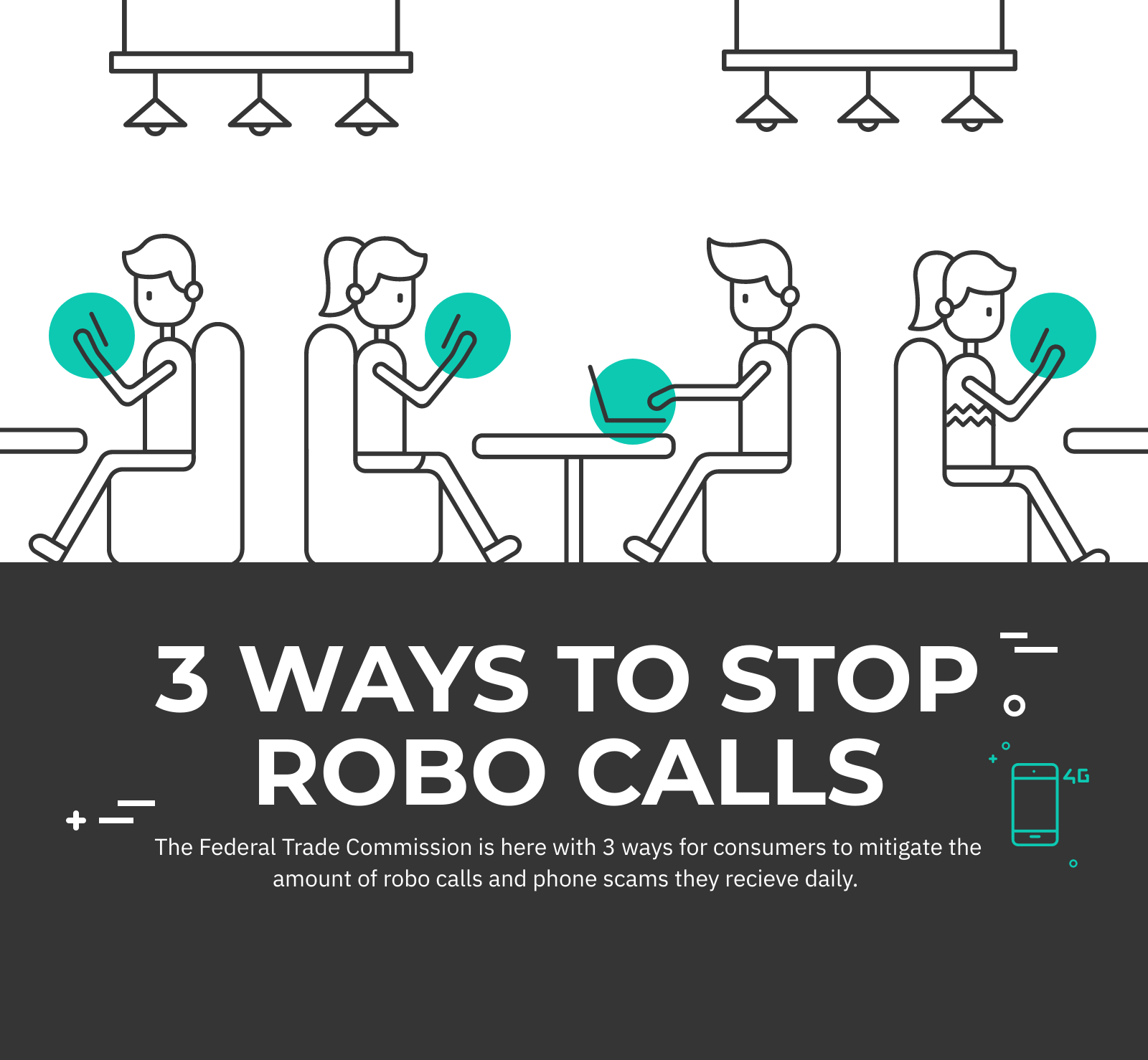
The inundation of phone calls from scammers, phishers, or “bots” as we’ve come to know them is a regular part of life for those with cell phones. For many of us, it’s simply a matter of blocking the call or taking some additional measures to mitigate the deluge. However, for more vulnerable members of our families, like minor children, the elderly, or the infirm, these calls can represent a credible threat. We’re here to pass along some tips from the Federal Trade Commission on how we can protect our families from these phone scams.
In 2019, it was estimated that a total of $10.5 billion dollars were lost to phone scammer calls. Such a figure in itself is enough to make your head spin when you consider how much good that sort of money could do. Phone scammers have used a myriad of schemes and disguises in order to defraud citizens and corporations alike out of their hard-earned money. Phone scammers may masquerade as a major company with whom you likely have an account, like Amazon, or be fronting as someone working with a nonprofit. However, the 2020 pandemic was the gasoline that caused that figure to almost double—with a total of $19.7 billion dollars lost to phone scams in 2020. The element of the pandemic allowed phone scammers to capitalize on victims’ fear of dangers associated with the coronavirus. Now, even as pandemic restrictions relax, multiple reports are projecting that anywhere between $29.8 and $53.4 billion in total losses. Here are ways the FTC has recommended to curb these phone scams:
Call Blocking:
Most cell phones, landlines, and internet phone services now come equipped either with call-blocking capabilities, or have apps available that help users reduce the amount of phone scams their number receives. Call-screening is also recommended when a user does not recognize the phone number, as picking up the phone for a phone scammer may be just enough to alert the scammer that this is an active number and a viable target is waiting on the other end.
National Do Not Call Registry:
For some families, the National Do Not Call Registry is a viable option to prevent their loved ones from receiving calls from legitimate companies. However, this option does inherently protect the user from phone scammer calls. In the same vein, do not press any buttons if you happen to pick up a robo call or phone scam call, because that could lead to more phone calls.
Talk About It
Talk to your loved ones about the dangers of robo calls or phone scams. Impart on them the importance of being vigilant and suspicious of unsolicited phone calls. Ensure that before they hand over any personal and/or financial information to double check the source of the call with a trusted family member or loved one.
Most importantly, family and caretakers must know when it is time to take action and report identity theft. If you find out a person who has been in your care has been the victim of a phone scam, go to IdentityTheft.gov to report the scam and find out the next steps.



